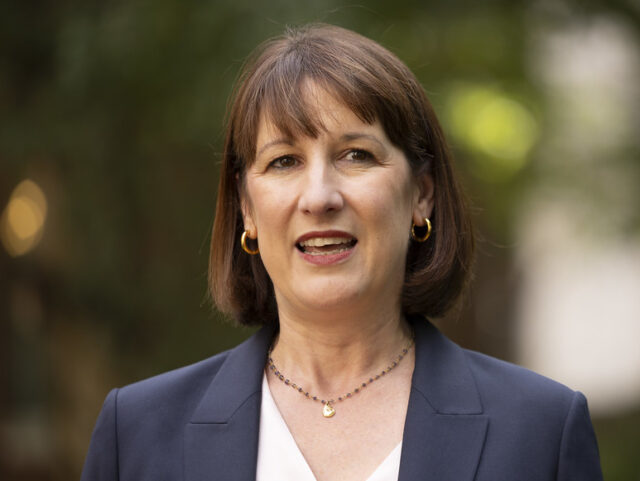The new Labour government professes to have discovered a “huge black hole” in the public purse, widely reckoned to be the crafting of a pretext to raise taxes that had been ruled out at the general election just three weeks ago.
Rachel Reeves, the UK’s Chancellor of the Exchequer (finance minister) claims to have discovered, now she is in power after the Labour Party won the nation’s national elections earlier this month, a £20 billion ($25 billion) black hole in the government’s finances. This she blames on the last government, and a full statement on this claim is expected on Monday with the Treasury audit statement to the House of Commons.
The instant reaction to these remarks in the United Kingdom has been the realisation that, just three weeks after Labour won the election on a promise o fa small number of targeted tax rises but nothing more, that they are preparing the ground to renege on that pledge and raise them anyway.
Earlier this year, Reeves had pledged “no additional tax rises” beyond those already laid out by her party if they won the election, promising a government programme “fully funded and fully costed – no ifs, no ands, no buts”.
Nick Timothy, once a leading light in the Theresa May Conservative government and now a Member of Parliament called the professed shock at the state of the economy a ruse, saying the stage-managed news cycle was planted in the press by the government to create the pretext for tax rises Labour had promised to not do while seeking election earlier this month. Further, he noted, this had been the plan for Labour all along, citing an unguarded remark to the Guardian newspaper before the election in which a Labour source said Reeves wanted to “raise tax income and pursue radical reform and investment in public services. The person admitted: “That is not what they are presenting the public with right now”.”
The Daily Telegraph cites the Institute of Fiscal Studies, which warned before the election that any party that won would probably have to put up taxes whether they admitted it or not, who said today it was not “credible” that Reeves could claim surprise at the state of the government’s finances. The Guardian looked to former Bank of England Monetary Policy Committee Michael Saunders, who said the review would be used to attempt to justify billions of pounds of extra taxes.
Increasing the tax burden in the United Kingdom is not an inconsequential matter, as despite having just emerged from 14 years of ostensibly Conservative government, taxes are actually at historic highs. Part of this is down to the former government forcing more Britons of lower incomes into tax brackets originally created onto impact the very wealthy, a process of keeping thresholds frozen during periods of inflation called fiscal drag.
The best example of this is the higher rate tax band, created in the 1980s to take more money from the wealthy. Some 40 years later, over one-in-eight nurses are now impacted by the tax, as well as many police officers and teachers, not by far the wealthy section of society it was meant to punish.

COMMENTS
Please let us know if you're having issues with commenting.